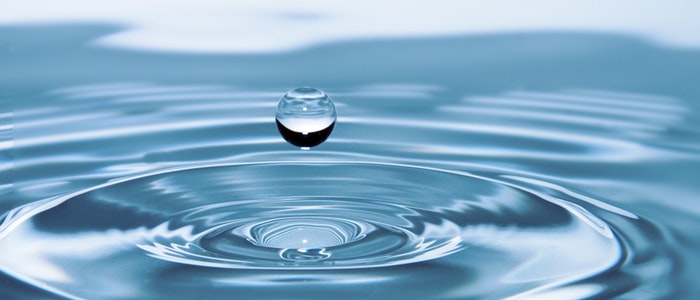Water is the most important thing humans need. Our anatomy dictates that without water, for longer than 2 days, our human bodies will cease to function correctly. In a survival situation, how much water needed per day for survival the amount and your ability to procure more will dictate how long you will survive. Anyone from the master to a novice of survival knows how important staying hydrated is.

Amount of water needed to survive
For survival water per day should reach about 1-2 liters. However, this could be more depending on the amount of work and the activities taking place at any given moment. Water is removed from the body by breathing, using the restroom, digesting food, and through sweating. The more you do of any of these, the faster your body will lose water. This is why in survival situations, taking care to drink regularly and have water readily available is so important. It is possible that water for survival can be lessened to an extent, if there are no stenous actions.
How long the human body can last without water
The human body is a biological machine like no other, and no two bodies are exactly alike. It has been documented that the average amount of time a human can survive without water is 2-3 days. However, this information in often disputed in cases of children becoming dehydrated in hours. There have even been cases of the exact contrast, people in a vegetative state can survive up to 2-3 weeks without food or water. In either case, however, these are circumstances and situations that are rare. As a rule of thumb, keep in mind that an athlete working hard for an hour will use about a liter of water. If you are doing the same amount of exertion of said athlete, and do not replace it, you are essentially digging your own grave.
Effects of lack of Water in the body
Dehydration is the body’s inability to correctly function due to the lack of water needed for bodily functions to be carried out. This is what makes being without water consistently so incredibly dangerous. Symptoms will include dizziness, thirst, headaches, dry mouth, cracked dry lips or skin, incapacity to urinate, dark colored urine, confusion, and chest pain. Due to these symptoms, going without water is not an option in a survival or emergent situation.
Body temperature is also very much affected by the amount of water in your body. Water acts as the equalizer in our bodies keeping it from overheating. Without water for a long period of time you will overheat and be fatigued more often. Eventually, this could lead to body wide problems and could cause death due to multiple organ failures.
Now, there are dangers from drinking too much water. Water poisoning is caused from drinking too much water, and not having enough sodium. This condition is often found in marathon runners, as they drink a lot of water in a small amount of time but do not replace the sodium used up when sweating. Symptoms include loss of balance, fatigue, seizures, vomiting, sleepiness, and muscle weakness. As anyone can imagine, having any of these symptoms in a survival situation would make it that much more difficult to survive.
How to find water sources
Finding water sources out in the wild will be a top priority, food can be hunted for and found at a later date. But water is first and foremost. Due to the many potential circumstances that survival situations can take place in, there is no sure fire way to find water in every situation. Here are some tips that always help to know:
- Birds will often head towards the direction of water, be sure to watch the horizon in the morning to see where congregations of birds are heading to or from.
- Snow is a viable source of water. You must melt and boil the water first, as this will ensure you do not become contaminated with bacteria or impurities.
- Heavy dew will also be present in grasses and trees, usually before dawn. Use this time to see if it would be possible to catch stray droplets in a container or clean tarp.
In conclusion
Water is a very important biological need, on the same level of eating and sleeping. This means the extra care and knowledge you have towards water, will guarantee your survival in whatever situation life might happen to throw at you. In whatever case, you will never know how much you depend on having accessible water, until you have no more water to access.

